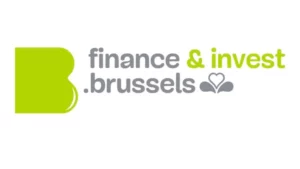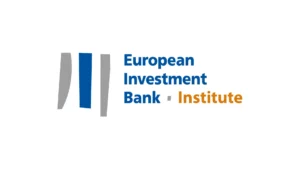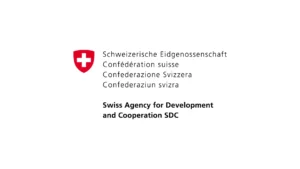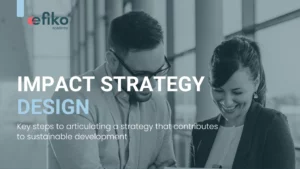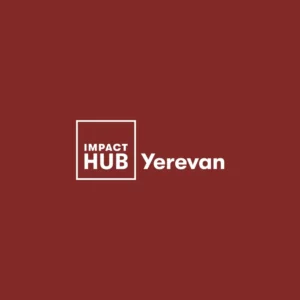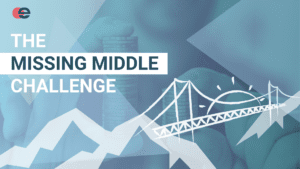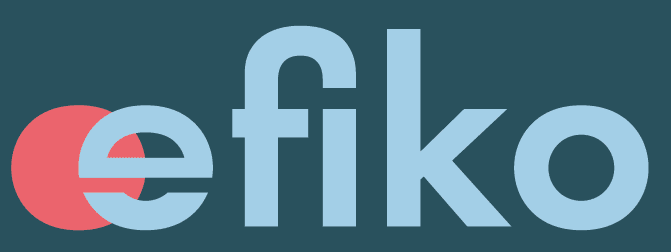The rise of social impact
Every revolution in society is rooted in the actions of a handful of inspired and driven people. From the popular movements to push for equal and fair treatment of black people to the activism of citizens to dismantle authoritarian regimes, people with a good plan can contribute to societal change.
Interestingly, the last decade has brought a growing number of people to act upon the purpose of business. Corporate scandals, financial busts and the growing concentration of economic power have made many people aware of the ways in which business can harm the foundations of society. We believe these events have inspired many people to seek ways to make business address our common challenges instead of exacerbating them.
This quest has led to the emergence of several innovative practises and ideas. To name but a few, Universities have started offering social impact education opportunities (Ditkoff & Kelley, 2017). Social businesses, organisations addressing social problems with a responsible business approach, are growing in numbers (Social Enterprise UK, 2018) and gaining support thanks to the colossal work of organisations like Skoll, Ashoka, and Acumen. Even the “ugly” financial sector is giving birth to a powerful idea: making investments that proactively seek to tackle societal challenges. The term “impact investing” was coined in 2007 by the Rockefeller Foundation and since then its practise has been gaining rapid global traction (EVPA, 2019; GIIN, 2020).
The challenges ahead
While these are encouraging trends, we also grew to appreciate the fact that good intentions of people are not sufficient to create lasting positive impacts on complex systems. We have seen this firsthand by working as impact investors alongside many social entrepreneurs, dozens of impact investors and a handful of non-profits.
Organisations struggle with internal tensions resulting from the pursuit of multiple, sometimes contradictory, objectives. We have seen social enterprises switching off their social impact efforts as soon as they experienced financial distress. We have seen impact investors put pressure on entrepreneurs to grow faster, sometimes at the expense of their social impact potential. We have also seen that poor business strategy and loose financial management can rapidly annihilate the social impact potential of a solution.
Many leaders of impact-driven organisations struggle to build business AND impact skills at the core of their organisation (WBCSD, 2018; Social Enterprise UK, 2018). Talent that can skilfully manage economic, social and environmental impacts is rare. From the Board of Directors to the team members and the managers, rarely does anyone ever get trained or supported to maximise stakeholder, not shareholder, value.
The need for social impact education
The Efiko Academy
Conscious that the clock is ticking and that we urgently need businesses and organisations around the globe to proactively improve their impacts on society and the environment, we decided to launch Efiko Academy.
The word Efiko stands for “impact” in Esperanto, a language that was created in 1887 to foster world peace. Our core mission is to empower people by giving them the skills and abilities they need to effectively support organisations in achieving positive social impact.
We do so by partnering with leading experts and standard setters to design blended learning journeys. Our courses leverage the power of technology to be as practical, interactive and personalised as possible. We’re further committed to deliver our courses at inclusive rates so that all individuals and teams working on social impact across the world can develop the skills & abilities that matter for that purpose.
Today, we host a certifying self-paced course on social impact measurement & management, a practice that every organisation that is serious about addressing our most important societal challenges should be implementing. This course has been co-created with Social Value International, a leading global standard setter for social value, Social Return on Investment (SROI) and impact management.
Tomorrow, we will develop new courses on topics that matter for social impact. In the next 5 years, our goal is to empower over 10.000 people from diverse backgrounds with the skills they most need to manage towards creating lasting social impacts.
Do you want to support our mission? Here’s what you can do:
- Subscribe to our newsletter to get interesting insights into industry trends and be informed about Efiko’s events and activities
- Share this article to increase awareness about the necessity of training for impact.
- Take a course on impact management – it will help you understand what social impact is and to develop the culture and systems necessary to manage it within an organisation – or one of the courses that are lined-up!
References
- Cabrera, A. & Unruh, G. (2012). Being global: how to think, act and lead in a transformed world.
- Ditkoff, S.W & Kelley, A. (2017). Onward: Accelerating the impact of social impact education. https://www.bridgespan.org/bridgespan/Images/articles/social-impact-education/Skoll_SocialImpactCenters-profiles-FINAL.pdf
- Gianoncelli, A., Gaggiotti, G., Martínez, A.P. & Boiardi, P. (2019). 15 Tears of Impact – Taking stock and looking ahead.
https://evpa.eu.com/knowledge-centre/publications/15-years-of-impact - Gramescu, L. (2016). Scaling Social Innovation in Europe: An overview of Social Enterprise readiness.
https://www.sciencedirect.com/science/article/pii/S1877042816301823 - Hand, D. , Dithrich, H., Sunderji, S & Nova, N. (2020). 2020 Annual Impact Survey.
https://thegiin.org/research/publication/impinv-survey-2020 - Kraemer, Romy. (2015). Critical Competences for Social Impact Leaders.
https://ssir.org/articles/entry/critical_competences_for_social_impact_leaders - Raworth, Kate. (2017). Doughnut Economics: Seven ways to think like a 21st century economist.
https://en.wikipedia.org/wiki/Doughnut_Economics:_Seven_Ways_to_Think_Like_a_21st-Century_Economist - Social Enterprise UK. (2018). Hidden Revolution.
https://www.socialenterprise.org.uk/policy-and-research-reports/the-hidden-revolution/?su=t0 - (2018). Business and the SDGs: A survey of WBCSD members and global network partners.
https://docs.wbcsd.org/2018/07/WBCSD_Business_and_the_SDGs.pdf


